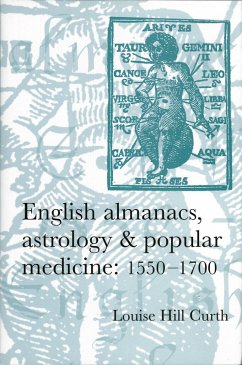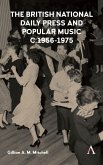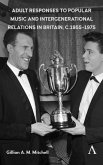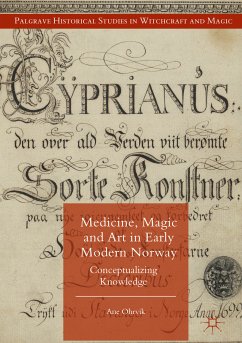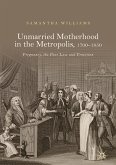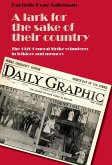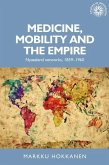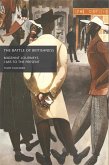Early modern almanacs have received relatively little academic attention over the years, despite being the first true form of British mass media. While their major purpose was to provide annual information about the movements of the stars and the corresponding effects on Earth, most contained a range of other material, including advice on preventative and remedial medicine for humans and animals. Based on the most extensive research to date into the relationship between the popular press, early modern medical beliefs and practices, this study argues that these cheap, annual booklets played a major role in shaping contemporary medical beliefs and practices in early modern England.
Beginning with an overview of printed vernacular medical literature, the book examines in depth the genre of almanacs, their authors, target and actual audiences. It discusses the various types of medical information and advice in almanacs, preventative and remedial medicine for humans, as well as 'non-commercial' and 'commercial' medicines promoted in almanacs, and the under-explored topic of animal health care.
Beginning with an overview of printed vernacular medical literature, the book examines in depth the genre of almanacs, their authors, target and actual audiences. It discusses the various types of medical information and advice in almanacs, preventative and remedial medicine for humans, as well as 'non-commercial' and 'commercial' medicines promoted in almanacs, and the under-explored topic of animal health care.
Dieser Download kann aus rechtlichen Gründen nur mit Rechnungsadresse in A, D ausgeliefert werden.

